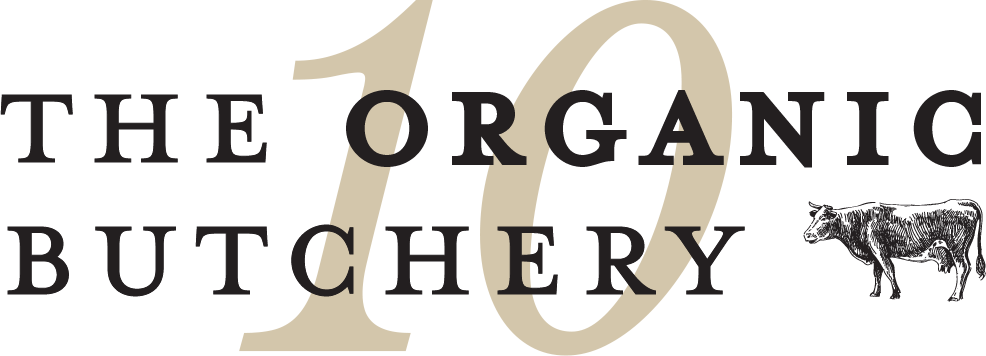Debunking Common Organic Meat Myths – So You Can Make an Informed Decision This Christmas

When it comes to choosing meat for Christmas, many people find themselves weighing up options: supermarket free-range, budget buys, or organic centrepieces. Organic meat has grown in popularity over the years, but with that growth has come a fair share of myths and misunderstandings. At The Organic Butchery, we believe in helping our customers make informed decisions, especially during such a special time of year. So let’s separate fact from fiction when it comes to organic meat.
Myth 1: Organic Meat Tastes the Same as Non-Organic
One of the most persistent myths is that organic meat tastes no different from conventional alternatives. In reality, organic farming practices — from slower rearing times to natural diets and higher welfare standards — produce meat with superior flavour and texture. Whether it’s an organic turkey with rich, succulent meat or a 28-day aged rib of beef with depth of flavour, the difference is clear at the Christmas table.
Myth 2: Organic Meat Isn’t Any Better for the Environment
It’s often said that organic farming has no real environmental advantage. But the truth is, organic farming is built around regenerative practices that improve soil health, reduce reliance on fossil fuel-based fertilisers, and encourage biodiversity. For example, organic livestock are often part of a rotational system that helps to lock carbon into the soil — a crucial step in tackling climate change.
Myth 3: Organic Farming Standards Are the Same as Free Range
“Free range” is a label you’ll see often in supermarkets, but it doesn’t necessarily mean the same as organic. While free-range animals have access to the outdoors, organic certification (like that from the Soil Association) guarantees strict standards: no routine antibiotics, no artificial fertilisers or pesticides on the land, high levels of animal welfare, and sustainable, natural farming systems. At Christmas, when it matters most, you can trust that organic means more.
Myth 4: Organic Meat Is Too Expensive to Be Worth It
It’s true that organic meat often costs more — but the difference reflects the true cost of raising animals with care, respecting the environment, and producing food without cutting corners. What’s more, buying organic encourages better value for money: you’re paying for quality, flavour, and peace of mind, rather than hidden costs to the environment or animal welfare. At Christmas, it makes sense to invest in food that’s as special as the people you’re sharing it with.
Myth 5: Organic Is Just a Marketing Buzzword
Organic is far more than a label. Certified organic meat is independently inspected and regulated. With trusted certification bodies like the Soil Association, customers can be confident that what they’re buying is genuinely organic. This is not the case with vague terms like “natural” or “farm fresh,” which aren’t legally defined.
Making the Right Choice This Christmas
At the end of the day, whether or not you choose organic meat is a personal decision — and of course, some people will always prefer not to eat meat at all. But for those who want to enjoy a Christmas feast that’s full of flavour, kinder to animals, and better for the planet, organic meat is a choice that delivers on every front.
This year, treat your family to a centrepiece that truly reflects the season of generosity and care. With our range of turkeys, beef joints, geese, and more, you can celebrate Christmas with food that’s as meaningful as it is delicious.
No comments







0 comments